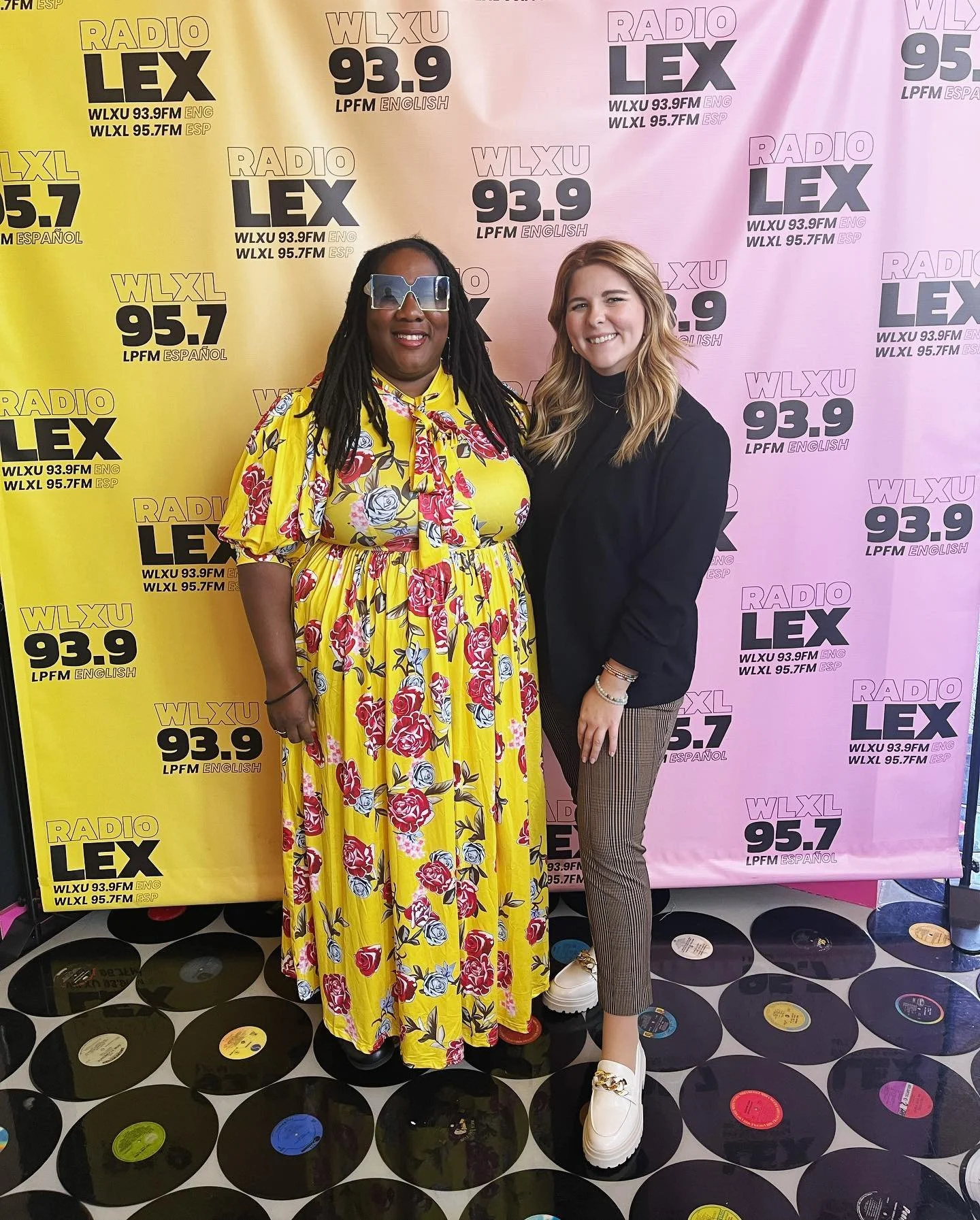Where do I find hope in the middle of the dark?
This morning, I engaged in self care and accountability by going to therapy.
Today, in my work at Step By Step, where I serve as Executive Director working with young single mothers ages 12 to 24, I told stories about these incredible young women achieving amazing heights because of their own brilliance and them having opportunities to have others see them, believe them, and encourage them.
This afternoon, on a call with some incredible people from my consulting work, we are exploring the topic Kingian Nonviolence, smashing the idea of individual heroes in favor of collective movement work (that can be long, tedious, and takes constant negotiation and recognition of one another's humanity through both philosophy and methodology). I am working with a group of facilitators who specialize in training. They are creating accessible content for the times in which we live and my job is to facilitate their gatherings. Yup. Facilitating facilitators who do what I do for a living could be a challenge, but this group is my happy place. My favorite moment so far? Diana Nash's daughter co-leading the session and her mom being named as a major influence in the movement. She is a force all on her own doing astoundingly important work. She need not stand in her mother's shadow. But, her smile was so bright when her mom's name was mentioned.
Tonight, I will be in Bible study with someone dear, working on my own authenticity and deepening my practice.
I will also practice presence with my littles. We are reading “A Wrinkle In Time”, contextualizing what goodness looks like in the face of evil and what hope can look like when it wanes, vacillates, loses, and then triumphs again.
Finding moments of points of light because I know they are there. Even in the darkness.
This link was shared on our Kingian Nonviolence call. I hope it brings you perspective today.




